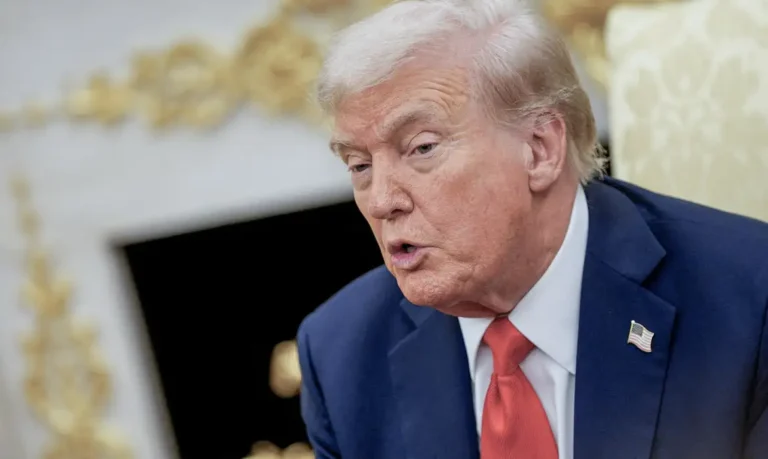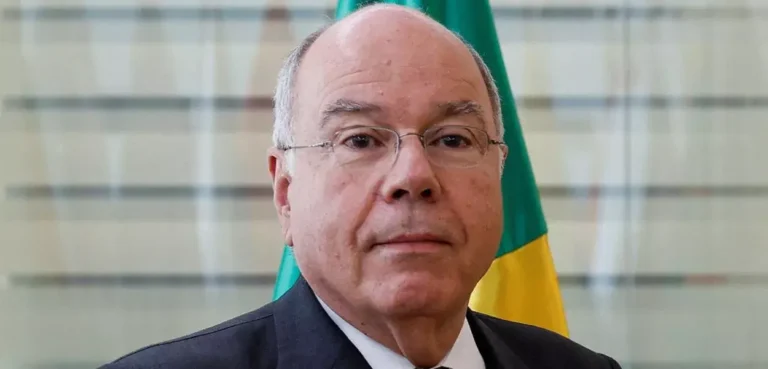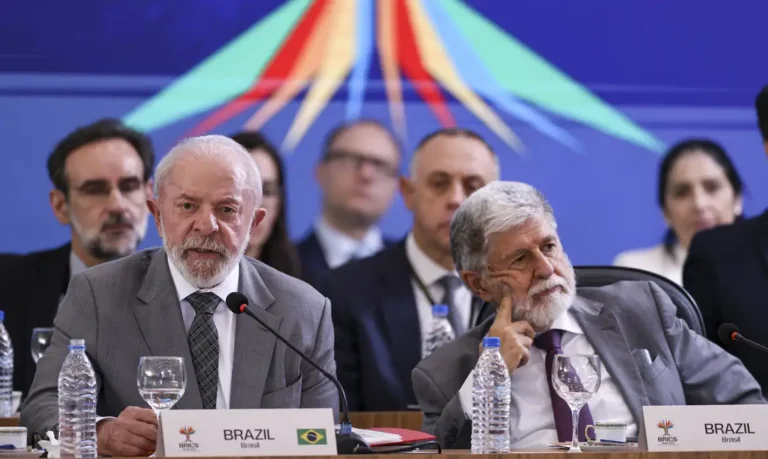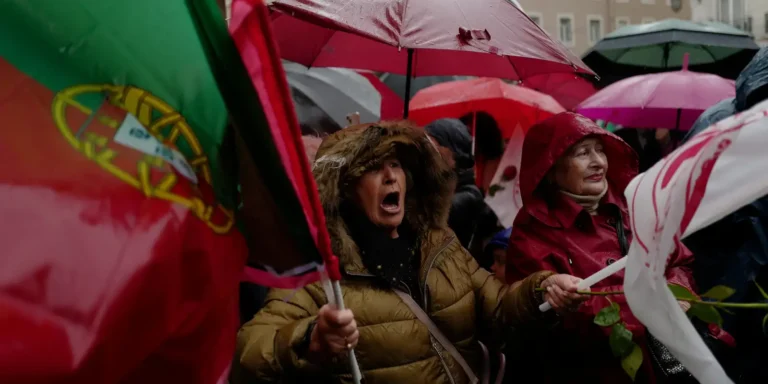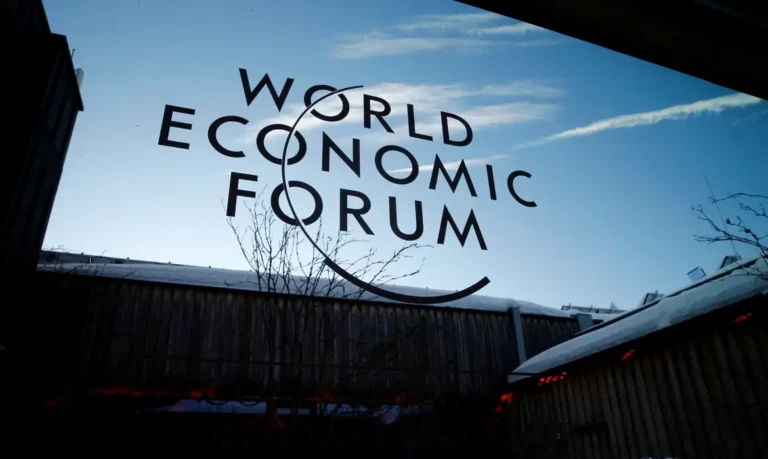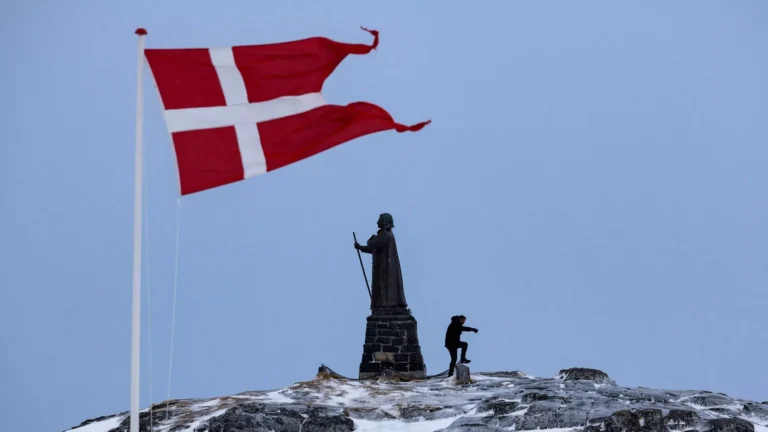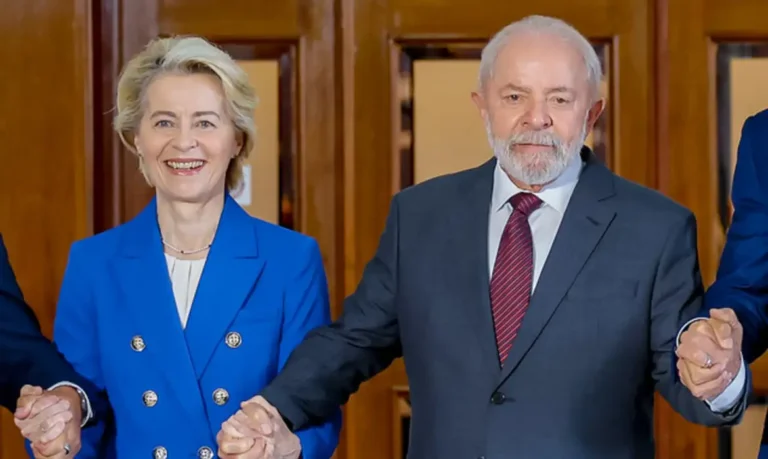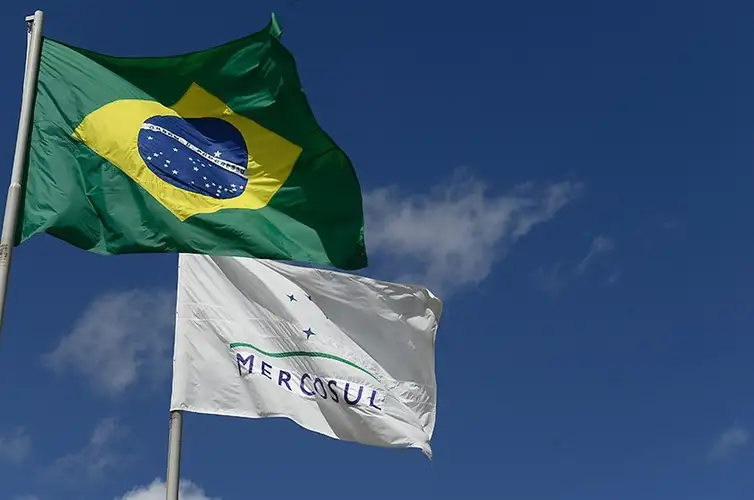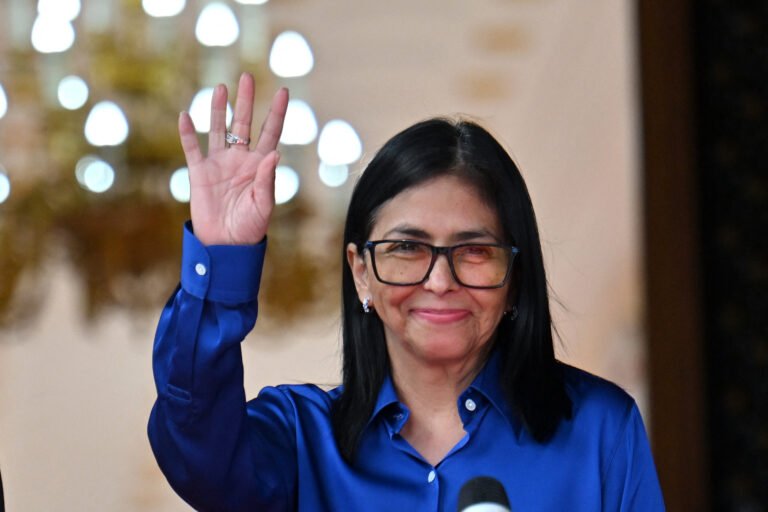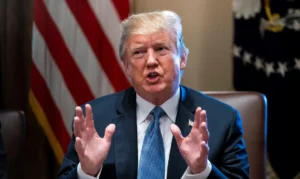Greenland thanked European nations on Sunday (18) for maintaining their support for the Arctic...
News
TV Brasil airs an unprecedented edition of the program Brasil in the World this...
In an article published this Sunday (18) in The New York Times, President Luiz...
Portuguese voters go to the polls this Sunday (18) to choose the successor to...
The World Economic Forum begins this Monday (19) in Davos, Switzerland. For 55 years,...
The Senegal national team won the final match against Morocco on Sunday (18) and...
United States President Donald Trump vowed on Saturday (17) to implement a wave of...
South American and European authorities took advantage of the signing ceremony of the free...
After 26 years of negotiation, representatives of the regional integration blocs Mercosur and the...
On Wednesday (14), US President Donald Trump and the interim president of Venezuela, Delcy...


